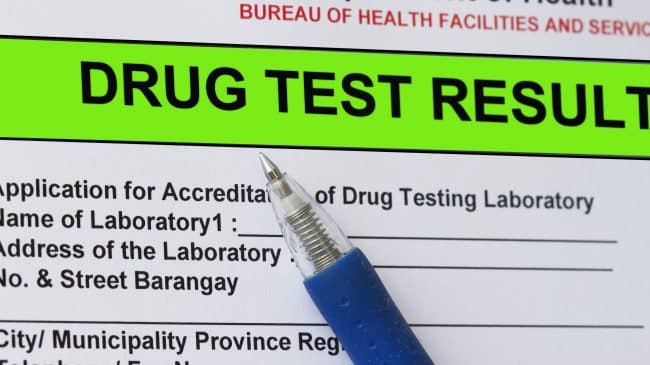Now that marijuana is recreationally legal in over 10 states and medical marijuana is legal in over 30 states, the criminal justice system is due to re-examine its practice of drug testing probationers and parolees. The practice does not comport with the theory of retributive justice, does not serve public safety, imposes economic costs, and unnecessarily restricts civil liberties.
The theory of retributive justice, a core concept in contemporary legal systems, says that when someone breaks the law they must suffer, but that the punishment must be proportional to the offense. For example, some courts prohibit people convicted of driving under the influence (DUI) from driving, purchasing alcohol, or entering establishments which serve alcohol while on probation. The punishment is both related to, and, hopefully, proportional to the crime.
However, courts do not typically apply this principle when it comes to marijuana. Individuals who have been convicted and are on probation or parole are often drug tested for a variety of substances. In terms of relevance to a person’s crimes and proportionality of punishment, there is no reason why someone who is on probation for a misdemeanor, like say simple assault, petty theft or trespassing, should be prohibited from legally using marijuana, recreationally or medically, in states that have legalized cannabis.
For this punishment to be valid under the theory of retributive justice, there would have to be near indisputable evidence that smoking marijuana causes people to become violent and trespass or commit assault—evidence which does not exist.
In a broad sense, the criminal justice system exists to keep the public safe. Preventing people convicted of DUI from drinking alcohol while they are on probation for DUI arguably protects public safety by preventing that person from repeating the crime until they have demonstrated some form of rehabilitation. Prohibiting marijuana use by people who have been convicted of crimes unrelated to marijuana does not serve the same function.
Outside of impaired driving, there is no evidence that marijuana use is associated with violent or dangerous behaviors that impose costs on others. Therefore, forbidding marijuana use during supervision does not help achieve the major aims of criminal justice. It does, however, arguably impose additional costs on society because probationers who violate probation terms are normally returned to incarceration.
A recent report from the Council of State Governments Justice Center finds that 24 percent of state prison admissions nationwide are due to technical violations of probation, such as failing a drug test or missing a meeting with a parole officer. Unfortunately, the data are not refined enough to delineate between the different types of violations. But it costs states collectively about $2.8 billion to process and incarcerate violative probationers. On both fairness and economic grounds, states would be wise to reconsider the high costs and limited-to-no benefits that come with drug testing probationers.
The United States has robust constitutional protections for people accused of crimes but has fewer protections for those convicted of crimes. It is accepted and reasonable that the rights of the accused differ from the rights of the convicted. However, now that marijuana is legal in many states it is a smart time to reconsider the intrusiveness of random drug testing for simple non-marijuana related crimes under Fourth Amendment protections against unreasonable search and seizure. Individuals who have served time demonstrated good behavior and are transitioning back into society have a fundamental right to privacy unless courts can demonstrate why drug testing is pertinent to the case at hand and how it would protect public safety.
States must consider what the true purpose of supervision is in evaluating the appropriateness of the terms of probation. To many, the purpose of probation is to divert those convicted of less serious and non-violent crimes from prison, provide greater liberty in criminal rehabilitation, and to help individuals transition back into society. Unnecessarily drug testing for marijuana during supervision directly acts against all of these objectives while also failing to demonstrate a benefit to public safety.
If marijuana is going to be taxed and regulated like alcohol and tobacco, which is happening in more and more states, citizens are going to be well within their constitutional rights to use marijuana— even if they’re on probation. Given how significantly parole violations contribute to high reincarceration rates, state governments’ default positions should be not to test for marijuana unless it is specifically warranted in individual cases.
